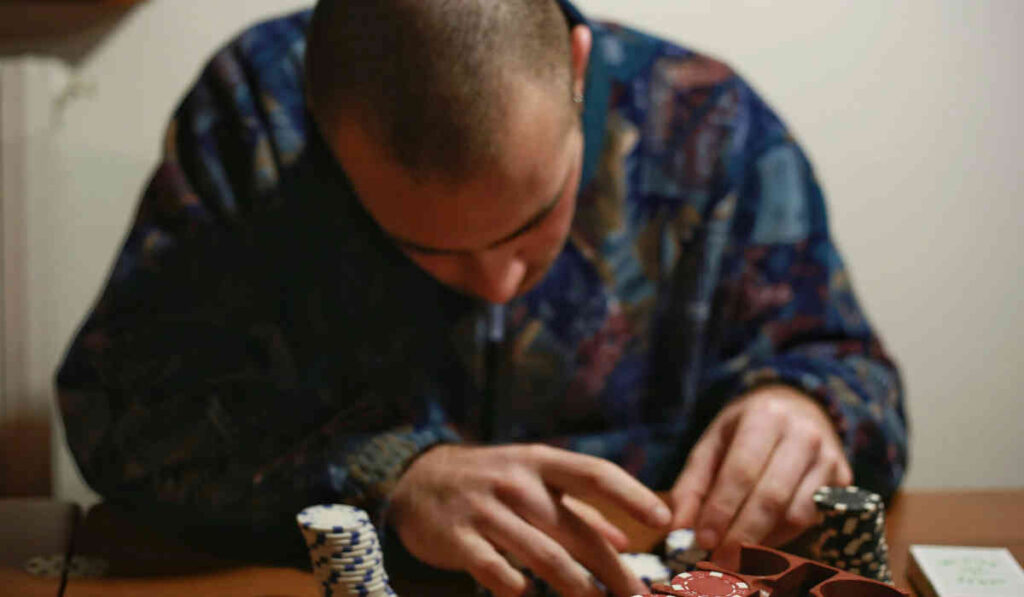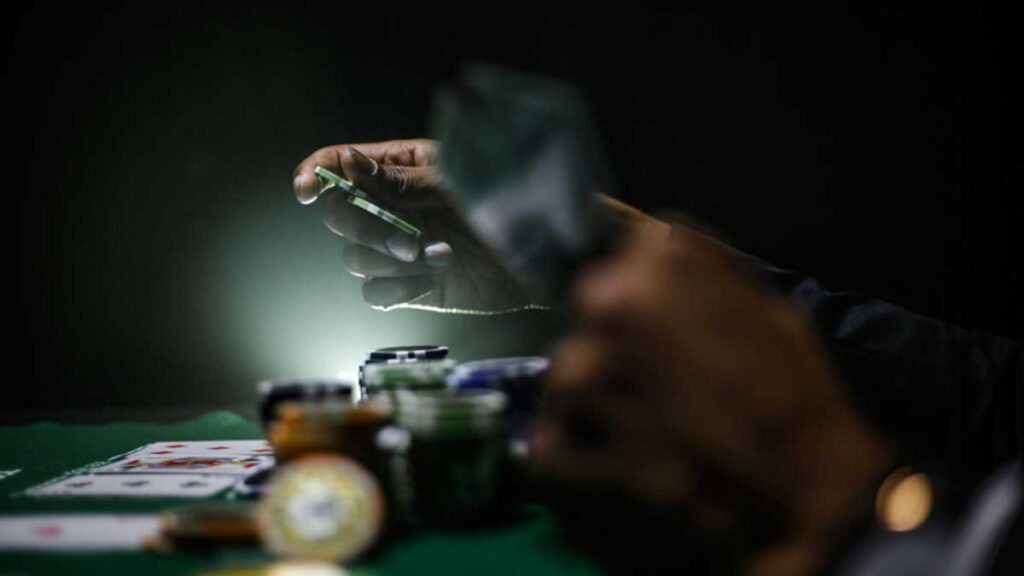Image source: Unsplash
Mental strength is always beneficial, but it is particularly important in stressful situations. Everyone knows what matters if you want to win at poker: knowing the rules and probabilities, having solid strategies, and adapting them to the situation.
However, what’s often underestimated is the role of mental health. A strong mindset and the ability to regulate your emotions can sometimes be the difference between winning and losing.
Even the best strategy goes out the window when you lose your cool in a stressful situation. Long-time gamblers and professional poker players in particular know that you have to pay close attention to your mental health in order to get ahead in the industry.
Professionals maintain routines to support their mental health and sustain their success at poker. However, these routines are not only relevant to poker; mental health affects your entire existence.
Here are some tips that you can incorporate into your everyday life, whether you are a poker player or not, to promote mental health and live a happier life.
1. Use a Trustworthy Platform for Peace of Mind
Peace of mind is important when playing poker, and it already starts with the choice of platform. After all, those who choose an online casino that uses modern protection mechanisms can concentrate more easily on their game.
Systems such as Inclave are designed to do just that. They simplify registration by allowing players to use a single secure account with biometric login and encryption. This eliminates the need to constantly enter passwords, allowing players to jump straight into the action. Such measures are not only convenient but also provide players with greater security.
Experts at CasinoBeats have examined the technology behind Inclave and give their verdict that more secure login and data protocols at online casinos provide players with advantages.
By only having to enter their data once with Inclave, players can use the system in the future to automatically generate and store passwords. Inclave automatically provides casinos with players’ KYC data, ensuring faster payouts and greater overall security for players.
By choosing a casino with good security measures, such as Inclave, players don’t have to waste energy worrying about fraud or data leaks and can instead focus fully on the game.
2. Maintain a Healthy Morning Routine
A routine is a set of habits that you no longer think about, but which happen automatically. Forming healthy habits requires energy, but once they are established, they help you save energy while recharging your batteries. Mentally demanding hobbies such as poker require healthy routines to support optimal brain function.
The brain doesn’t work independently of the body, and if you want to improve your brain function, you also need to activate your body. A morning workout or stretching boosts blood flow in the body and transports important nutrients to the brain. For breakfast, you should eat a protein- and fiber-rich meal to replenish the energy you have burned.
It’s not just your muscles that burn energy, but your brain too. Like every other body part, the brain too needs energy to operate. The main function of the brain is to process and transmit information, which is energy-intensive. This means that in order to support brain performance, sufficient energy, i.e., healthy foods, must be available for it to function optimally.
The morning is especially important, as the brain is most productive and most receptive between 9:00 a.m. and 11:00 a.m. It therefore makes sense to utilize this time for studying and revising strategies and poker hands.
3. Prioritize Sleep and Regeneration
Good decisions require rest. According to Dr. Robert Stickgold, professor of psychiatry at Harvard Medical School, “We solve problems while we’re asleep.”
Studies show that sleep strengthens problem-solving skills and restores emotional balance. Even while the body sleeps, the brain remains active and processes current problems and events that are on our minds.
Therefore, instead of dwelling on a poker problem late at night and getting frustrated, the study suggests simply sleeping on it. The same applies to hard decisions like leaving your job, moving to a different state, etc. The brain continues to work while you sleep, and by the next morning, you will be a lot closer to the solution.
4. Short Breaks Instead of Non-Stop Gaming

It’s easy to get caught up in a game and keep playing relentlessly, especially when you haven’t made a profit yet and finally want to win. However, if you play without taking a break, you only risk losing even more. The brain cannot perform at a constant level indefinitely, and it needs breaks to recover.
Studies show that the brain’s productivity runs in cycles, more precisely, in 90-minute cycles. After that, the brain is exhausted and requires a rest. For many, this format does not seem efficient enough, and they believe that simply continuing with a task, whether at work or at poker, will get them to their goal faster.
However, studies show that the opposite is true and that professionals who align their work with these 90-minute cycles reported 40% higher productivity levels.
5. The 3rd Person Hack
Professional poker player Alec Torelli explained in an interview with Gene Hammett that one of the greatest challenges in both poker and life is learning to detach and not identify with the things you value. When you’re emotionally invested, your ego gets in the way and clouds your judgment.
Torelli pointed out that it’s always easier to give advice than to take advice. Because when you give advice, you’re not emotionally tied to the outcome. In order to create distance between him and a game, he uses a simple trick: Instead of asking himself, “What should I do?”, he asks, “What should Alec do?”
Poker, work, or any other hobby is something you do, not who you are. By referring to yourself in the third person, you disconnect your identity and ego from the situation and can see things more objectively.
What Makes an Outstanding Poker Player?
In an interview with PokerNews, mindset coach Elliot Roe explains the biggest difference between a good and an outstanding poker player: It’s not technical skill, but mental strength. Roe believes that success starts in the mind: you have to believe in yourself and in your ability to apply your knowledge.
Poker involves enormous pressure. Roe therefore recommends that players imagine tournament situations during training in order to learn how to deal with the pressure and stay calm. He also suggests viewing each hand as a new puzzle for which an individual solution must be found.
Each situation must be treated as new, free of emotions about past mistakes. To regulate your emotions, he recommends breathing techniques and focus exercises. He also emphasizes that poker should be approached as a marathon, not a sprint, and that you therefore need to work on your long-term endurance. This can be achieved through a consistent routine, regular study, and, above all, exercises to strengthen mental resilience.
